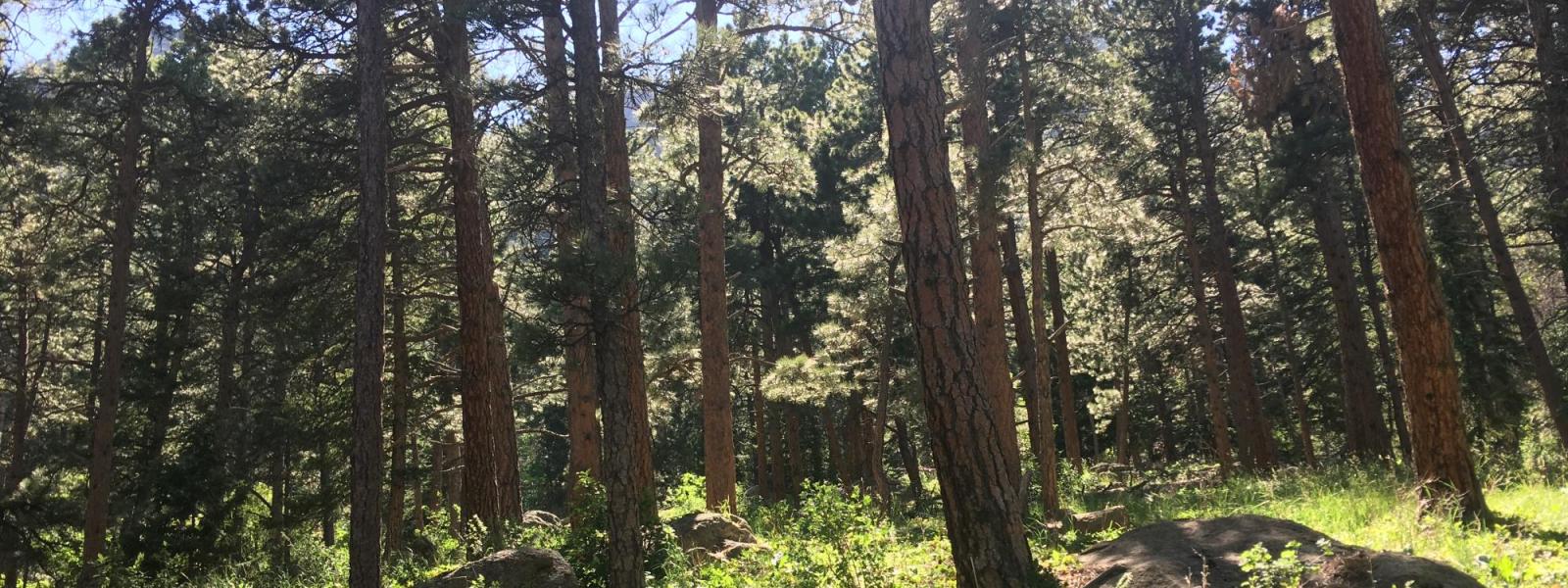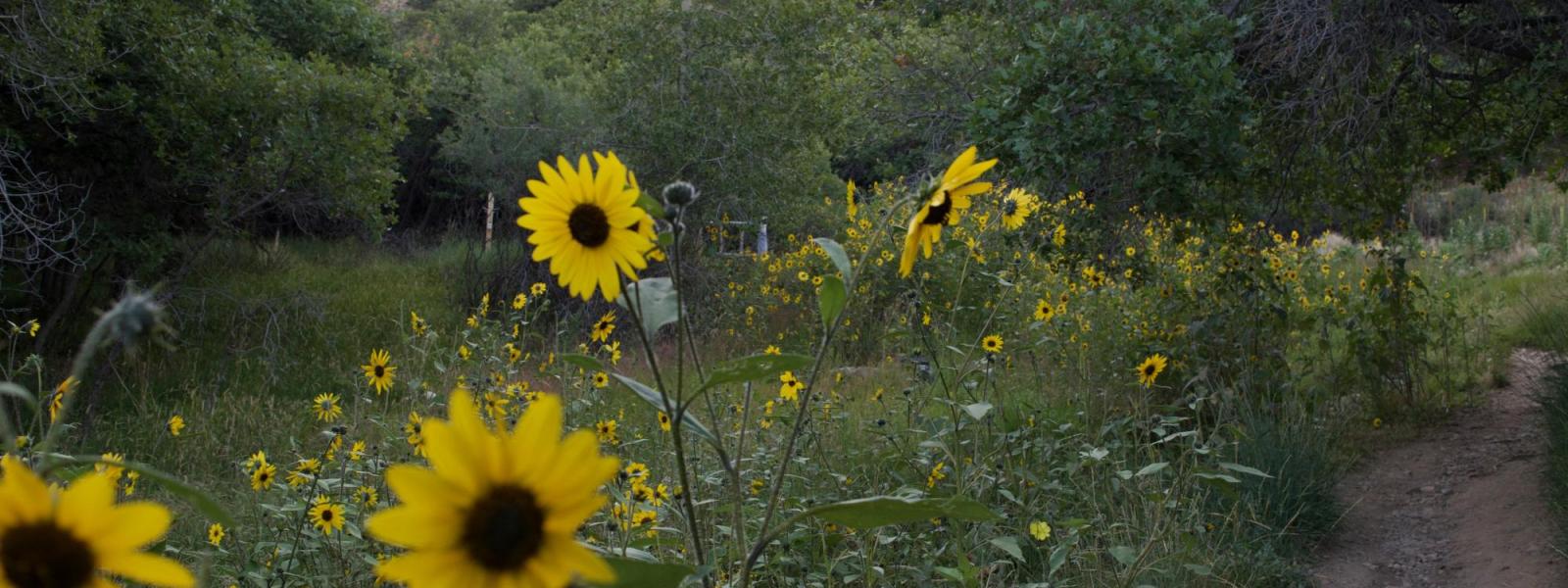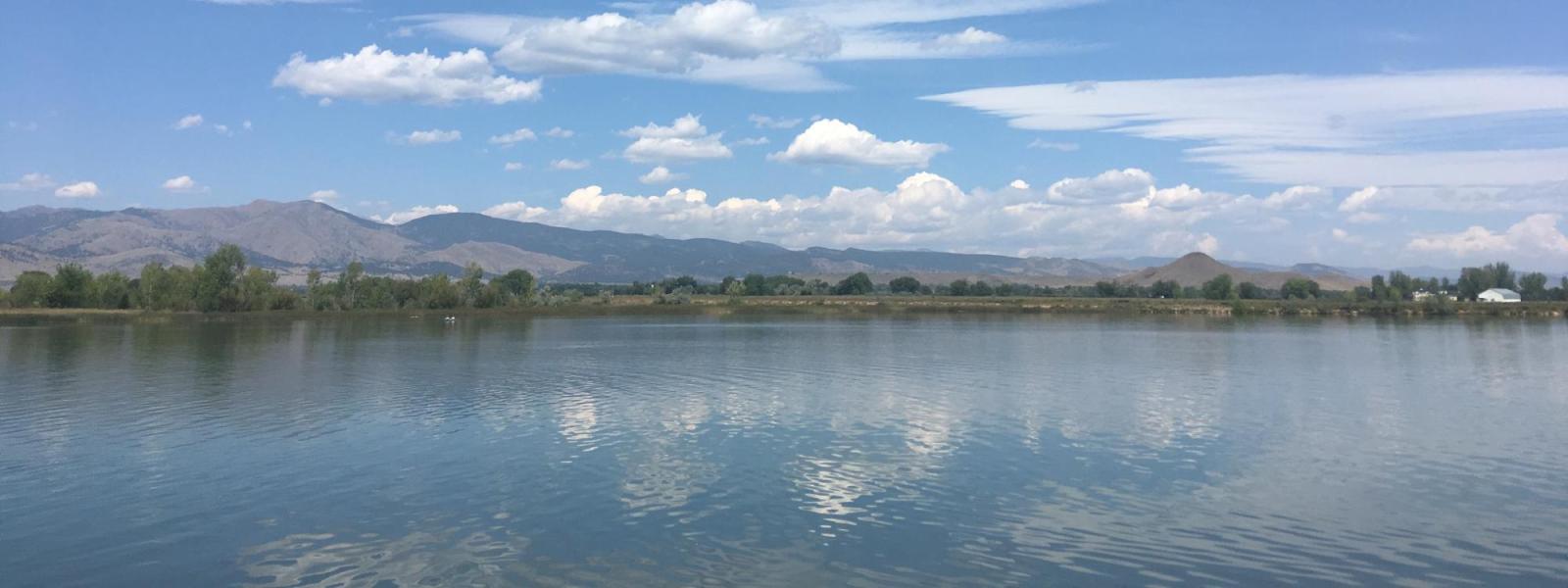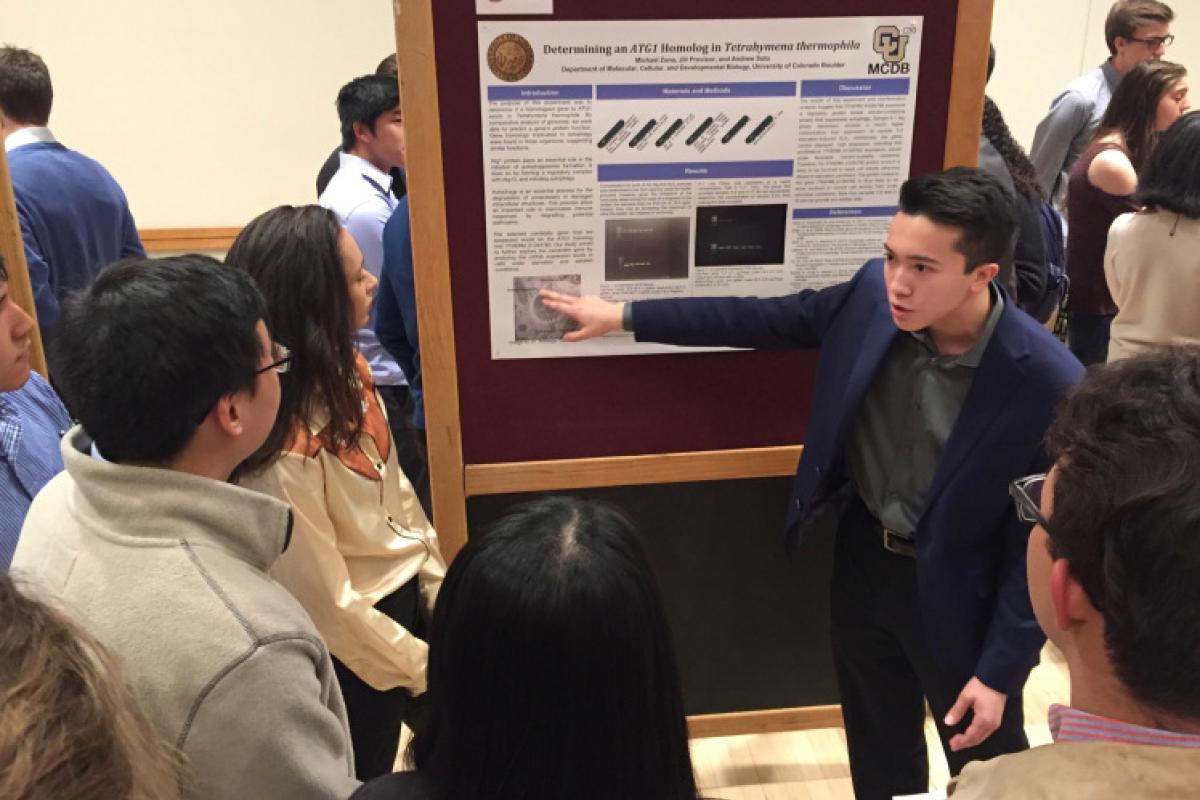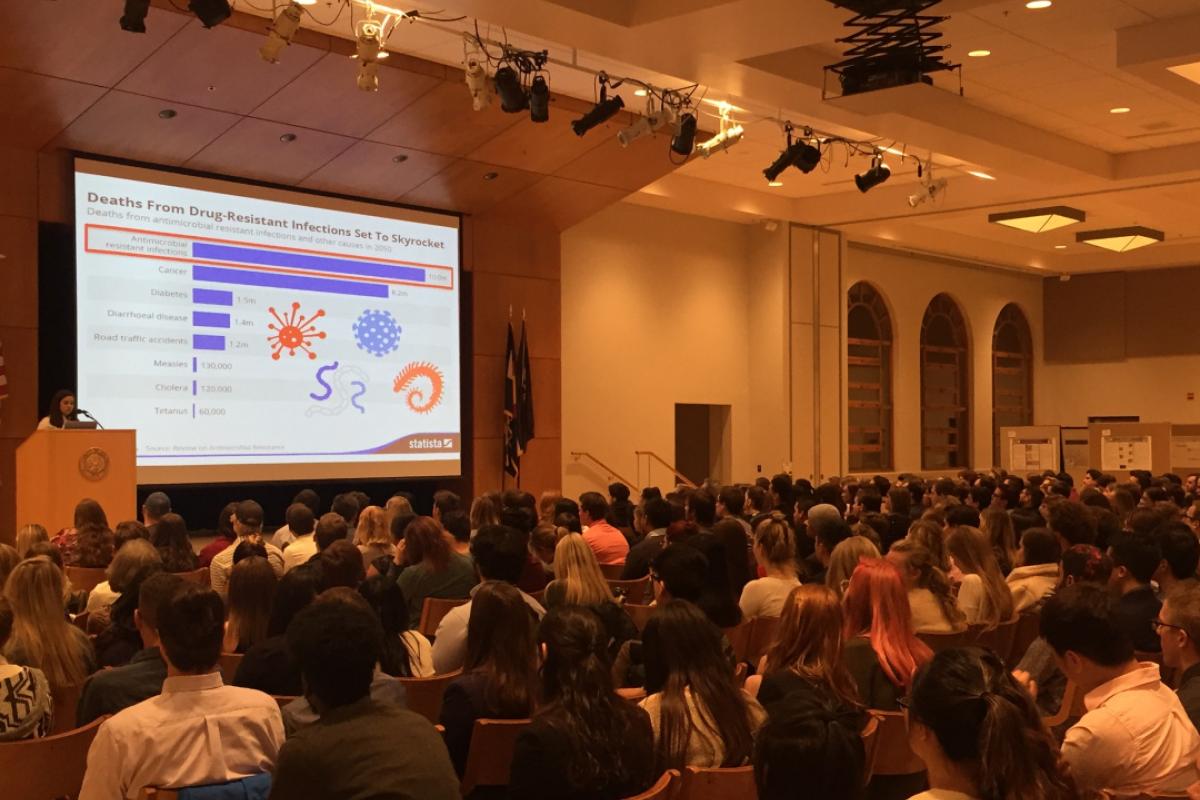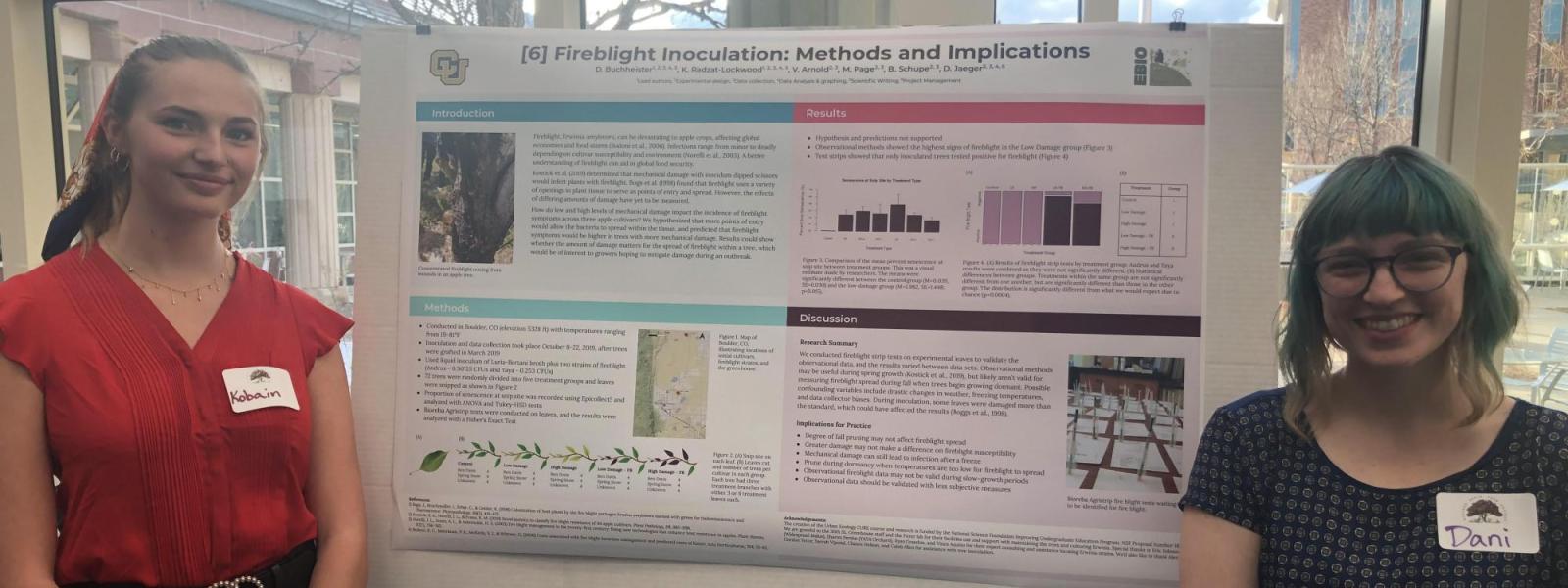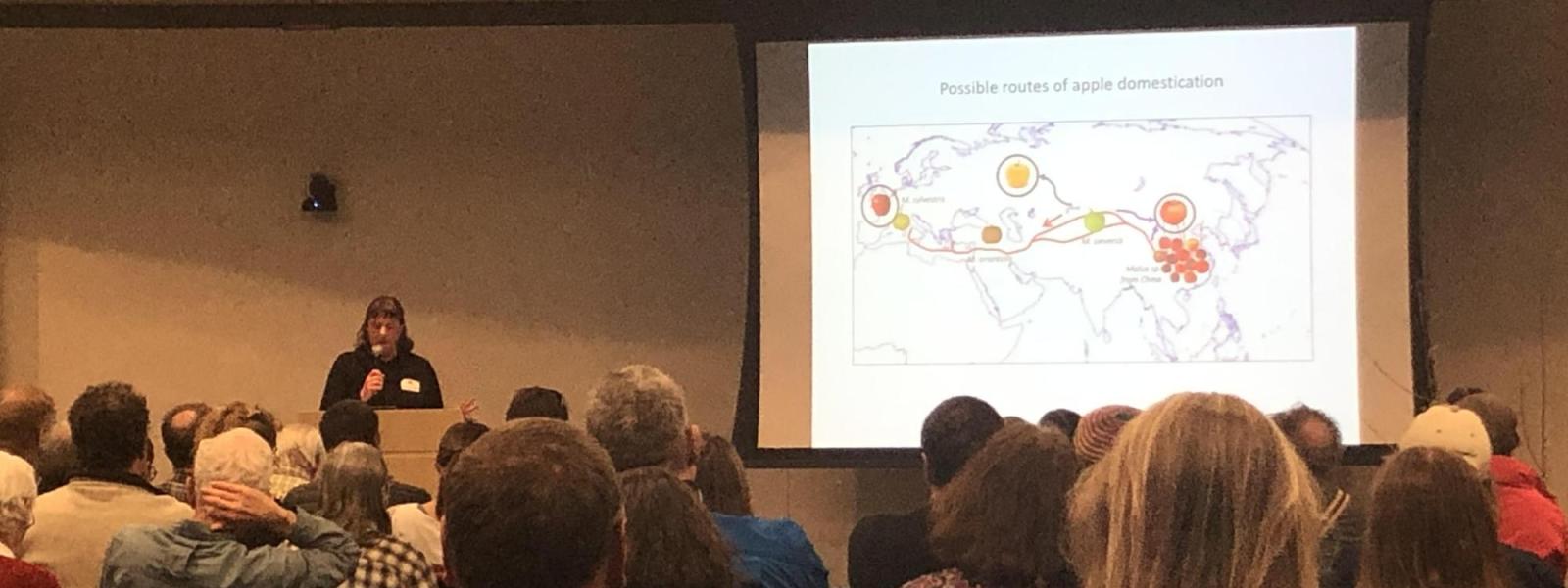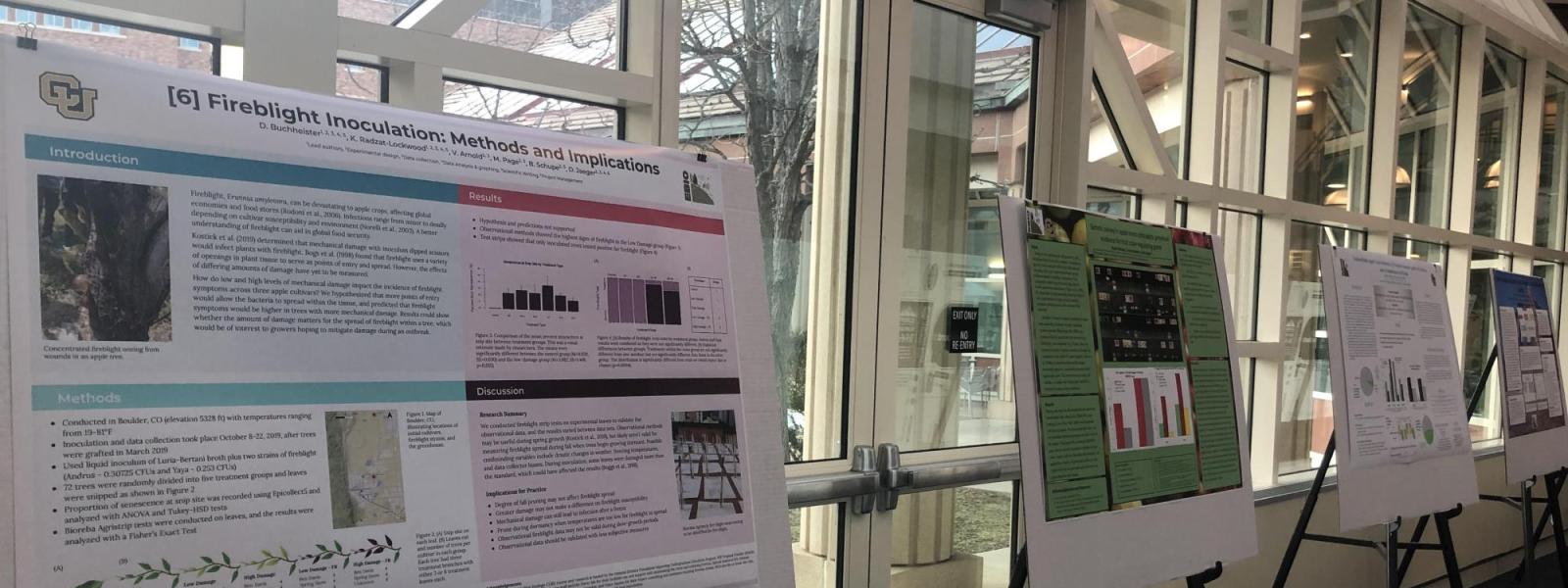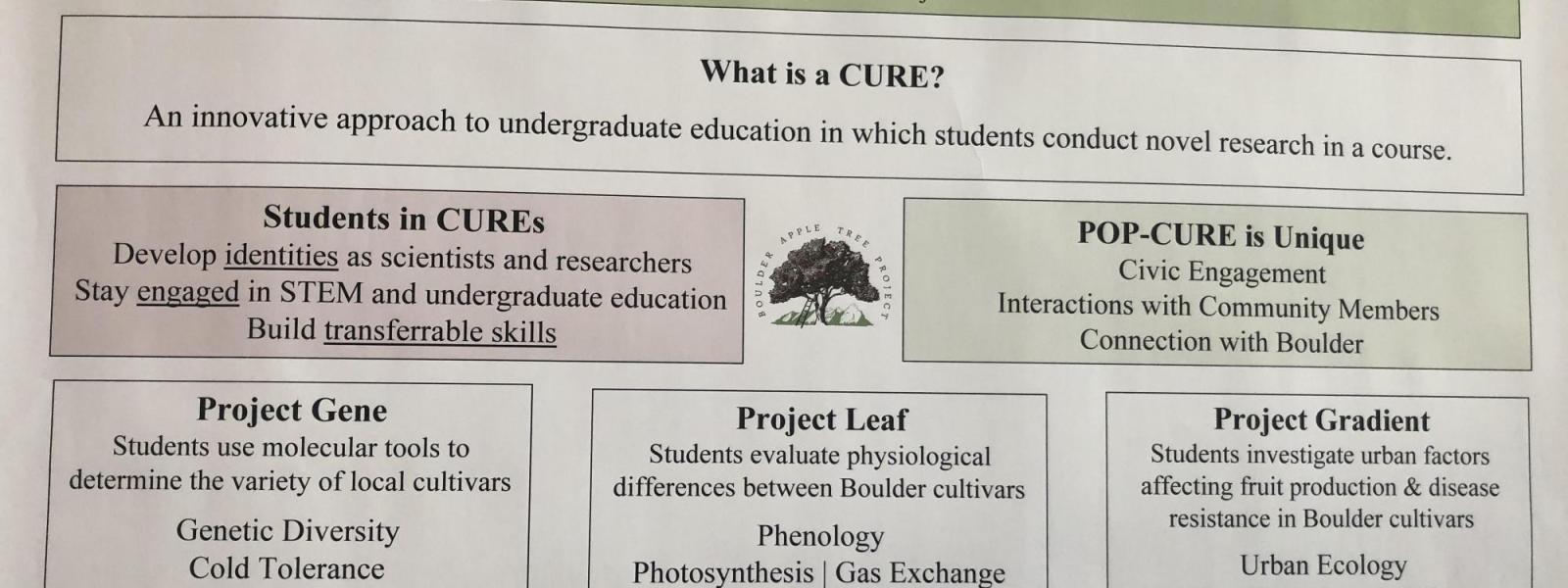Student Resources
I have to do projects in my course. Am I taking a CURE?
Ask yourself these three questions:
1. Do you conduct research where you are uncertain of the outcome?
2. Is your research original, using new data?
3. Are you and your professor working toward a goal, knowing that the curriculum could change depending on the outcome?
Answered ‘yes’ to all three? Then yes, you are. Not sure? Talk to your professor about whether it is a CURE. Feel free to point to us at this website! We will help you navigate!
It's easier to find a job by already having real research experience.
Boost confidence with various types of research tools and methods.
Work with professors on a small scale, one-on-one setting.
Students who engage in research-based courses learn by doing. By participating in research, you will gain first-hand experience in a field of study and an increased depth of knowledge on a subject (NASEM, 2017). This hands-on approach provides training in how to think critically about the field’s current knowledge, how to form new research questions, and how to generate information using modern investigative approaches. As part of the research process, you learn how to communicate your findings or interpretations to experts in your field. You also gain real world skills that help you navigate and interpret the vast amounts of information you encounter daily.
Attend a symposium, (hosted by the Molecular, Cellular, Developmental Biology Department) where you can see what students are working on right now in their CURE courses. Ask them questions, learn about their research and what they enjoyed or thought was challenging about the course!
PhD Student Irfan Alam Addresses the Value of taking a CURE:
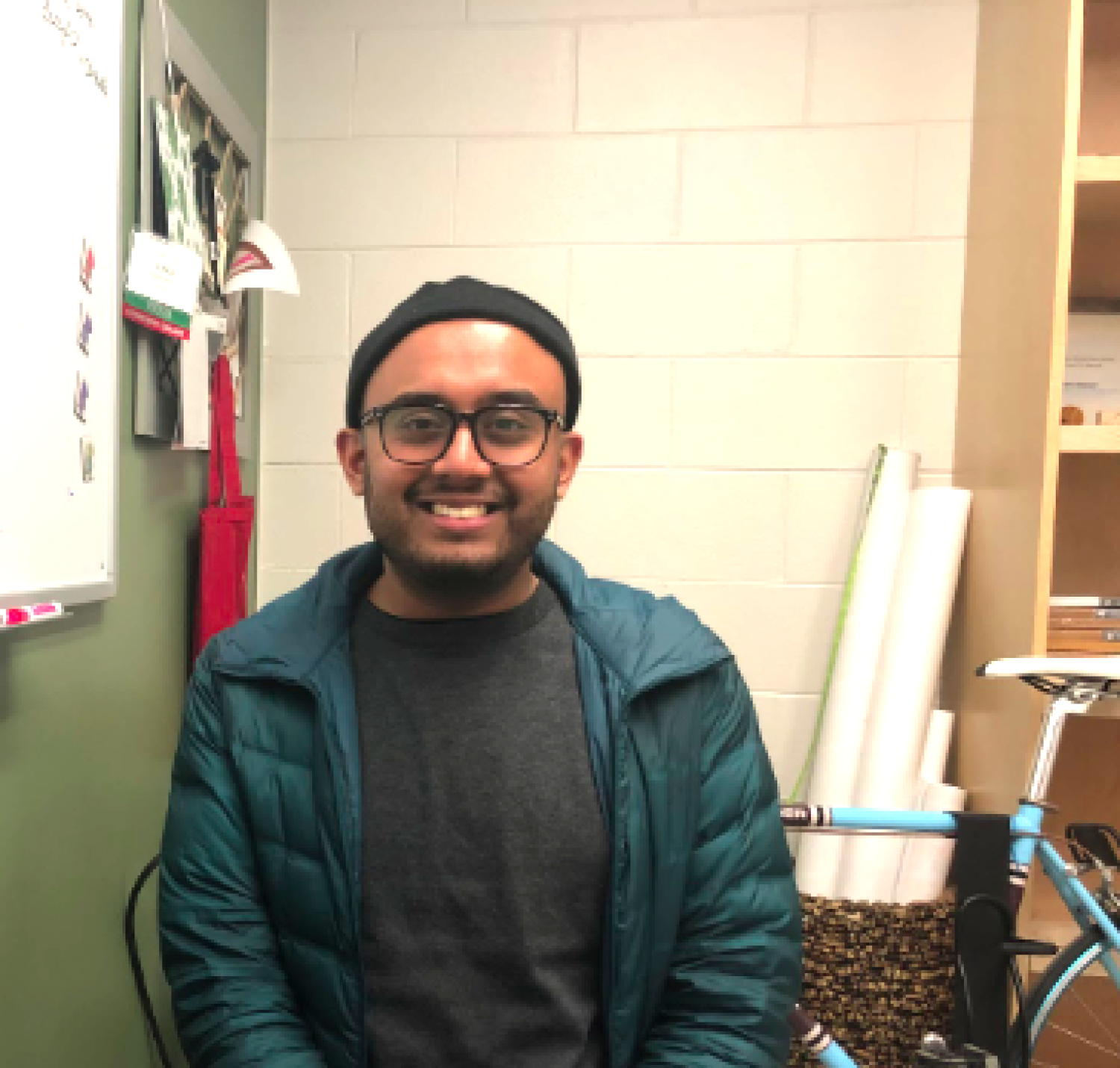
"If students are wondering 'should I take a general chem lab or a chem CURE' , 'why spend the extra effort when I could just do something weekly and getting it done rather than spending more time and taking something more research intensive like CURE?'
Students sometimes don’t know how to get in touch with professors, and they don’t realize until they’re in their junior or senior year . A years worth of experience is something that more and more people have anyway. CURE is a really nice way for you to delve deep into research in your first year, with the help of your instructor, who is facilitating your learning, helping you figure things out on your own, and being a mentor. You can put that on your CV or resume that you have taken a CURE - that you have research experience. For example, in my class on leaf physiology, you can say 'I have experience taking leaf measurements and used Image J which is a software analysis.'
Theres efficacy and confidence that you can develop as such an early stage in their career. You’re fulfilling your credits, but you’re also getting so much out of it, because when you’re done with that course, rather than retaining about 10% of that knowledge, you’ll retain so much more. Its beyond learning materials and memorizing, it’s about applying and synthesizing and being able to communicate your understanding and findings with fellow researchers, scientists, and even community members. Something our class is working on is making our research more approachable to community members."
References:
National Academies of Sciences, Engineering, and Medicine. 2017. Undergraduate Research Experiences for STEM Students: Successes, Challenges, and Opportunities. Washington, DC: The National Academies Press.


